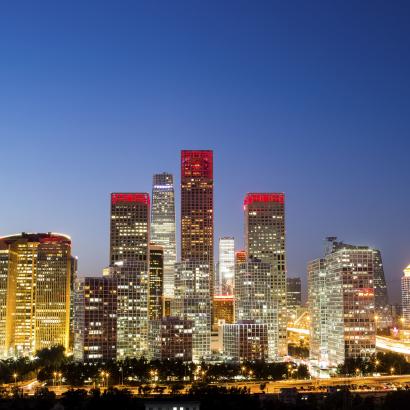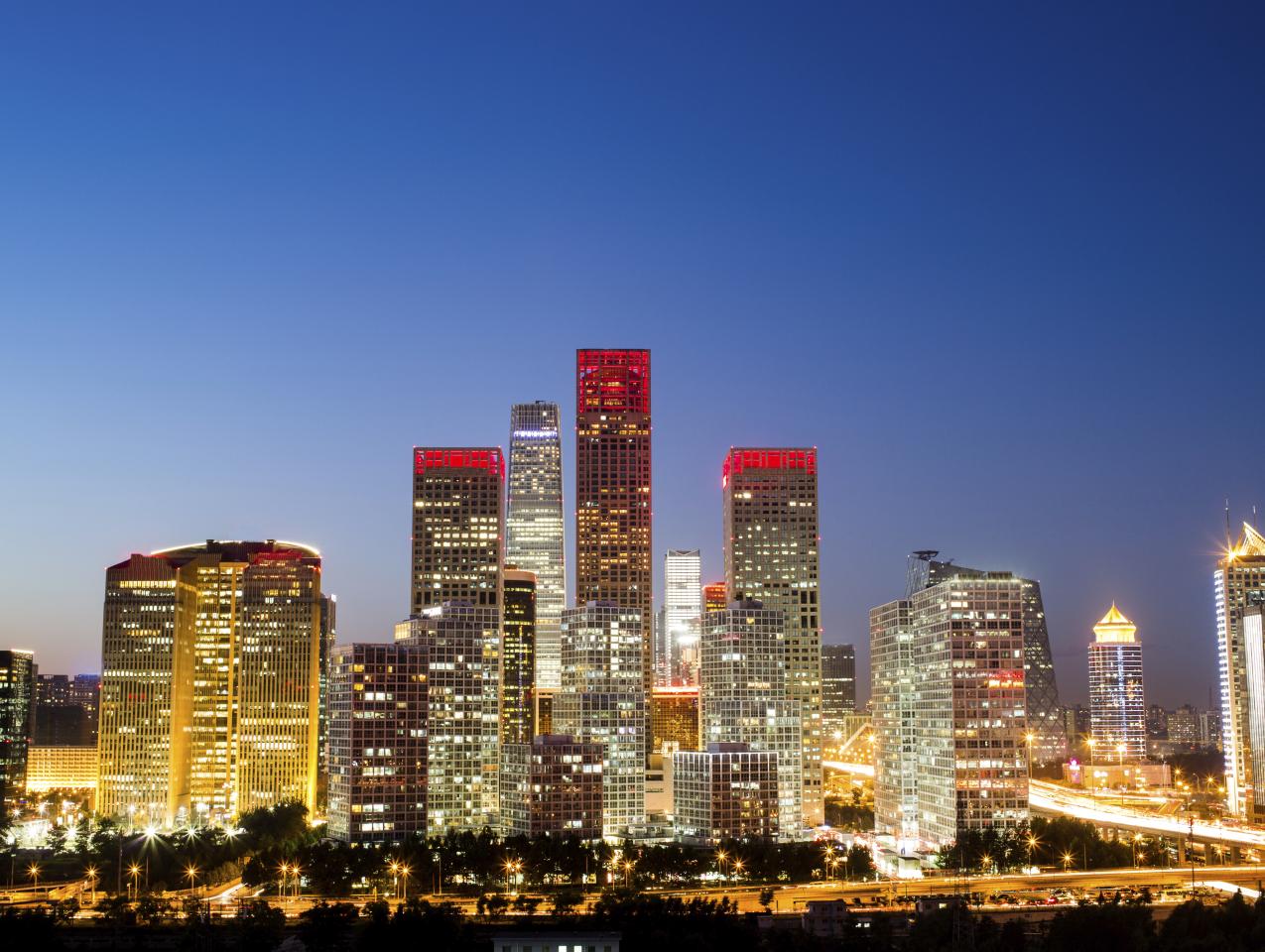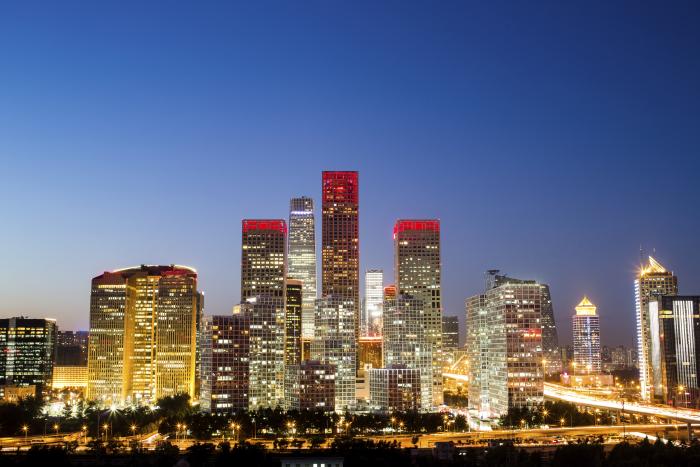- China
The recent rearmament efforts of Australia, Japan, and South Korea will have no deterrent effect, whatsoever, on Chinese calculations regarding an invasion of Taiwan: Hedgehogs do not attack a dragon, and the dragon knows it.
The situation in which this trio of middleweight powers—not quite allies—find themselves evokes Thucydides’ Melian Dialogue, with a twist. Beijing need not send delegations to threaten the states in question, since the threat is understood by all without a word being spoken. Unlike the Melians, Australia, Japan, and South Korea do not face surrender demands; rather, the message to these nouveau Melians is “Stay out of this or perish.” The power mismatch is as grave as that faced by the Melians, and Japan and South Korea—already in China’s serpentine embrace in so many respects--will not wish on their thriving states a fate resembling that of Athens’ most-famous victims. Wherever their sentiments may lie, neither Seoul, Tokyo or Canberra want to “die for Danzig.”
So calculates President Xi—and when we speak of “Beijing,” or “China,” increasingly we mean Xi alone, who appears determined to establish a dominion over his vast land that exceeds even the authority Mao gathered in his hands. Should Xi choose to move against Taiwan with his itching-for-a-fight military, foreign-policy considerations will be secondary, to the extent they will matter at all: In the face of global disunity, greed, and dependence on China, Xi is convinced that he can get away with anything, that, as the Athenians announced, might makes right and need not excuse itself.
Nor would a move to assault Taiwan be made on patriotic grounds, although patriotism would be deployed to excite the masses. Rather, an attack on Taiwan most likely would occur if current domestic trends continue to worsen. The classic model of the strongman in crisis creating a military diversion applies. What ultimately matters to Xi is not his authority over Taipei but his authority in Beijing.
The overarching strategic question is not which countries would come to Taiwan’s military aid (probably none), but to what extent China’s growth model is in irreversible decline. Xi faces a range of interrelated problems, including perennially troubled banks; a GDP-gnawing real-estate bubble; crippling power shortages; incomparable environmental degradation; a demographic crisis; social and economic inequity; and newly wary trade partners (given the economy’s reliance on exports, that last point threatens severe long-term effects).
When it comes to weighing foreign reactions to a Taiwan grab, Xi would shrug his shoulders. China is already in the dog-eat-dog house for its secretiveness and dereliction regarding the COVID-19 pandemic; its brutal suppression of dissent, from Hong Kong to Xinjiang; human rights violations that inch toward genocide; and its unapologetic role as the world’s leading polluter. Around the globe, there is fresh scrutiny of China’s ruthless trade practices, while Beijing’s ambitious Belt and Road Initiative—once so promising for the would-be hegemon—is in disarray almost everywhere, with its few gratified clients limited to corrupt governing cliques in the developing world. The great benefactor turned out to be a loan-shark.
China has vast resources and great capabilities still, and, despite a series of dubious moves of late, Xi may reverse his country’s incipient decline. If, however, the domestic situation worsens, the odds of Xi launching an invasion across the Taiwan Strait will soar: a foreign adventure to distract from domestic misadventures, and one for which public opinion has been prepared for decades.
As for South Korea and Japan, Xi will calculate that, given their histories and levels of development, they have no appetite for self-immolation, while Australia, whatever its outrage, has no significant power-projection means.
Xi will count on the world expressing dismay—and doing nothing beyond accepting refugees. And he will be right. As for Taiwan’s fate, its only hope would be a miraculous defense that bloodied the invader and led to unrest on the mainland.
But as the population of Melos learned, heroic resistance in the face of overwhelming power is a gesture, not a strategy. And relying on allies who feel no bonds of alliance is pure folly.
















